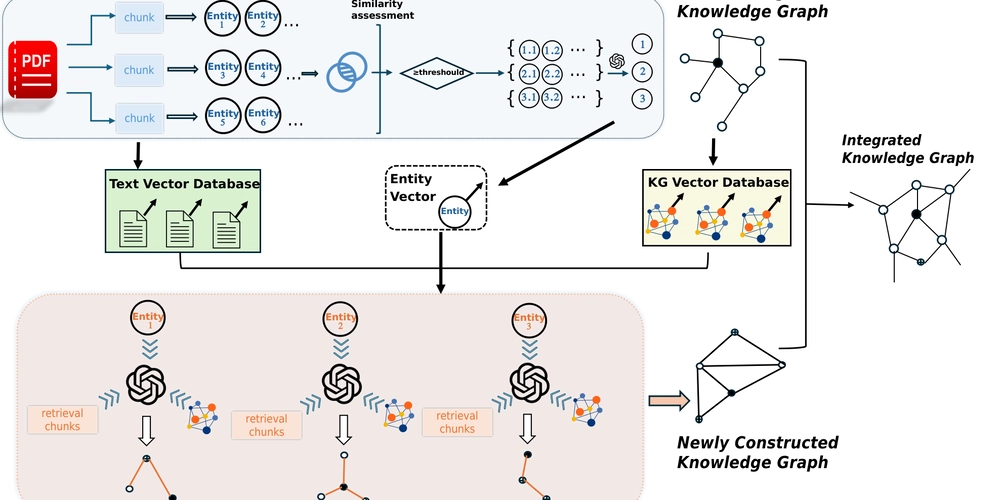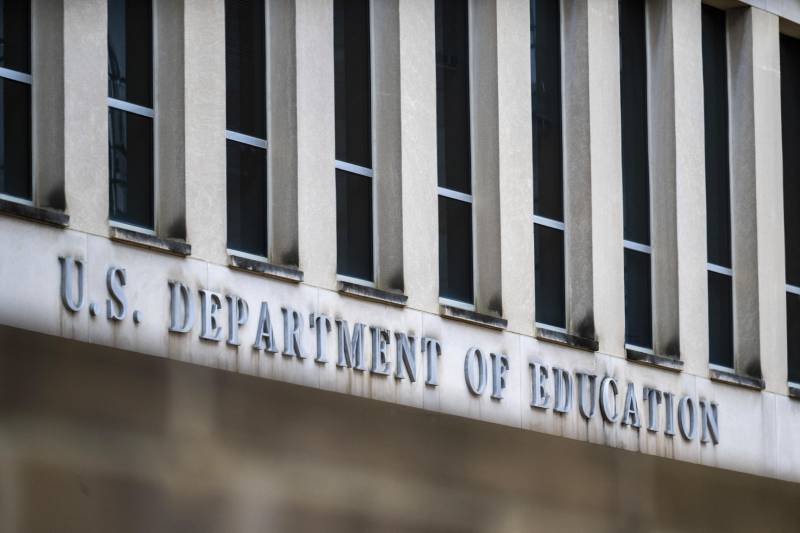House Republicans advance 'best shot' at reining in Obama-era consumer protections
House Republicans on Wednesday advanced legislation that seeks to significantly limit the funding the Consumer Financial Protection Bureau (CFPB) is able to access, a move Democrats say would “dismantle” the agency. The GOP-led House Financial Services Committee on Wednesday afternoon voted 32-20 along party lines to make major changes to the funding structure for the...

House Republicans on Wednesday advanced legislation that seeks to significantly limit the funding the Consumer Financial Protection Bureau (CFPB) is able to access, a move Democrats say would “dismantle” the agency.
The GOP-led House Financial Services Committee on Wednesday afternoon voted 32-20 along party lines to make major changes to the funding structure for the consumer watchdog, which was established during the Obama administration in the aftermath of the 2008 financial crisis.
The measure would also add to the chopping block a key audit watchdog created in 2002 off the heels of the Enron scandal, among other changes.
The markup is just one of a series that House Republicans have held this week as they work to assemble a significant package to advance President Trump’s tax agenda and spending cuts.
For its role in the process, the Financial Services Committee was instructed to find at least $1 billion in savings as Republicans seek well more than a trillion dollars in cuts to government funding as part of the evolving plan.
While key details of that plan are still coming into view, Republicans won’t be counting on any Democratic support for the emerging package as their colleagues across the aisle have ramped up their opposition campaign to the slew of partisan proposals.
In their hearing on Wednesday, Democrats criticized proposals that they said could lead to the CFPB’s budget being slashed by 70 percent, while describing the proposed cuts as offsets to pay for Trump’s proposed tax cuts.
“The bill before us, as you know, would not only dismantle the Consumer Financial Protection Bureau, which provides critical support for people who are being taken advantage of, it also takes the civil penalty fund … from CFPB, and sweeps it to the Treasury to pay, ultimately, for the enormous, the trillions of dollars of tax giveaways to the most wealthy in the United States without helping those who have been harmed,” Rep. Brittany Pettersen (D-Colo.) said during the markup session.
Democrats have hailed the CFPB as one of the most successful creations of the 2010 Dodd-Frank Wall Street reform law, praising its aggressive track record of enforcing consumer protection laws, while defending it as the only agency with the sole responsibility for protecting consumers.
At the same time, Republicans have long pressed for measures to rein in the agency, which they have argued has too much power and independence from Congress.
The CFPB has also faced legal challenges over how it’s funded, as Republicans have pushed for the agency to be funded through the annual appropriations process in Congress that many other federal agencies are subject to instead of the Federal Reserve.
As part of its funding structure, the CFPB receives transfers from the central bank not exceeding a cap set at 12 percent of the Federal Reserve System’s total operating expenses.
The GOP-crafted recommendations considered in the committee on Wednesday would, if enacted, significantly reduce the amount of funding the agency can receive from the central bank, setting that cap to 5 percent.
The CFPB can also tap into the Civil Penalty Fund mainly for payments for victims, but the Congressional Research Service (CRS) said it “may also be used for consumer education and financial literacy.” In fiscal 2023, the CRS said unobligated balances in the fund totaled $2.5 billion, while noting the CFPB often has “not spent the entirety of the funding provided toward its operations, leaving money for unobligated balances that it could keep in reserve.”
The legislation considered Wednesday would also call for “excess amounts” from the Civil Penalty Fund to be transferred to the general fund of the Treasury.
In remarks to The Hill on Tuesday, Rep. Lisa McClain (R-Mich.) said she thinks the measure is lawmakers’ “best shot” at limiting the agency. Not only would the proposal help rein in spending, McClain said, it would also rein in “the CFPB in their overreach of authority.”
“It’s like we have government agency on top of government agency on top of government agency. We don't need that,” she said.
The committee also greenlighted proposed changes to the Public Company Accounting Oversight Board (PCAOB) that its chair, Erica Williams, said earlier this week would “eliminate the PCAOB as we know it.”
Among the changes agreed to on Wednesday evening were measures to transfer the board’s powers and duties, as well as its intellectual property, to the Securities and Exchange Commission (SEC).
Williams said this week that she was “deeply troubled” by the proposals and emphasized the contrast between her agency’s work from the SEC’s operations.
“The unique experience and expertise built up by the PCAOB over decades cannot simply be cut and pasted without significant risk to investors at a time when markets are already volatile,” she said, according to prepared remarks, adding the “disruption to inspections alone while a new program gets up and running could last years.”
She also pointed to the PCAOB’s work abroad, noting local laws in many countries “require cooperative agreements that the PCAOB has secured over years of negotiation to ensure we have the access necessary to inspect and investigate completely.”
“None of the agreements contain provisions that would allow the PCAOB’s privileges and responsibilities under the agreements to be transferred to the SEC. They would have to be renegotiated before inspections could be conducted, which could take years,” she said.
However, the PCAOB’s budget has also come under scrutiny in recent years. SEC Commissioner Hester Peirce, a Trump appointee, described its budget as “ballooning” in 2022, while raising concerns about an “overly ambitious agenda.”











































![Southwest’s Free Wi-Fi Trial Could Backfire—Here’s Why [Roundup]](https://viewfromthewing.com/wp-content/uploads/2025/04/southwest-airlines-jet.jpeg?#)




























.jpg?width=1200&auto=webp&trim=0,50,0,50#)


